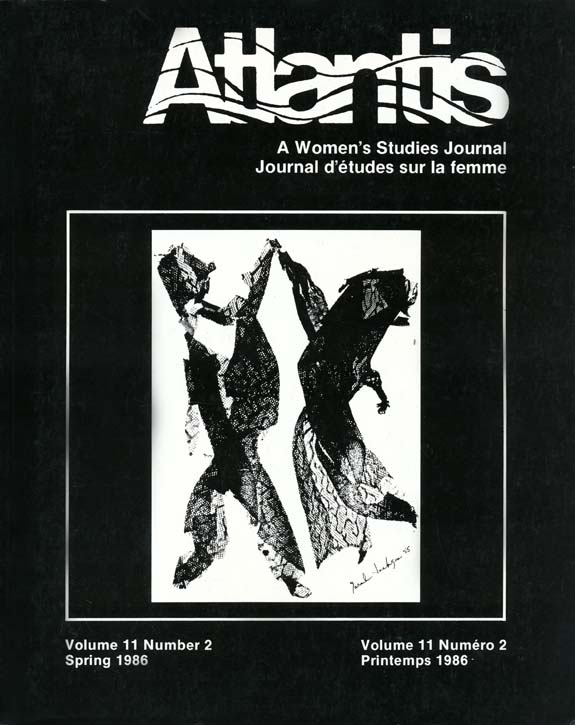The Oppositional Structure of Implicit Theories of Masculinity and Femininity, Identity, and Attitudes Toward Women
Abstract
Implicit theories of masculinity and femininity were proposed to contain both oppositional and nonoppositional inferential relations between attributes. Across two studies, it was the oppositional attributes, i.e., power-dominance for males and deference-submissiveness for females, which as a part of a person's identity, correlated positively with oppositional belief, an identification with a sex-typed masculine or feminine identity, and a pattern of oppositional attitudes toward social equality for women. For the non-oppositional attributes, agency and empathy, the pattern of inter-correlation was in the reverse direction to that of the oppositional attributes indicating a transcendence of oppositional belief structure and support for social equality for women.Downloads
Published
Issue
Section
License
Authors who publish with this journal agree to the following terms:
1. Authors retain copyright and grant the journal right of first publication, with the work simultaneously licensed under a Creative Commons Attribution 4.0 International License that allows others to share the work with an acknowledgement of the work's authorship and initial publication in this journal.
2. Authors are aware that articles published in Atlantis are indexed and made available through various scholarly and professional search tools, including but not limited to Erudit.
3. Authors are able to enter into separate, additional contractual arrangements for the non-exclusive distribution of the journal's published version of the work (e.g., post it to an institutional repository or publish it in a book), with an acknowledgement of its initial publication in this journal.
4. Authors are permitted and encouraged to preprint their work, that is, post their work online (e.g., in institutional repositories or on their website) prior to and during the submission process. This can lead to productive exchanges, as well as earlier and greater citation of published work. Read more on preprints here.







